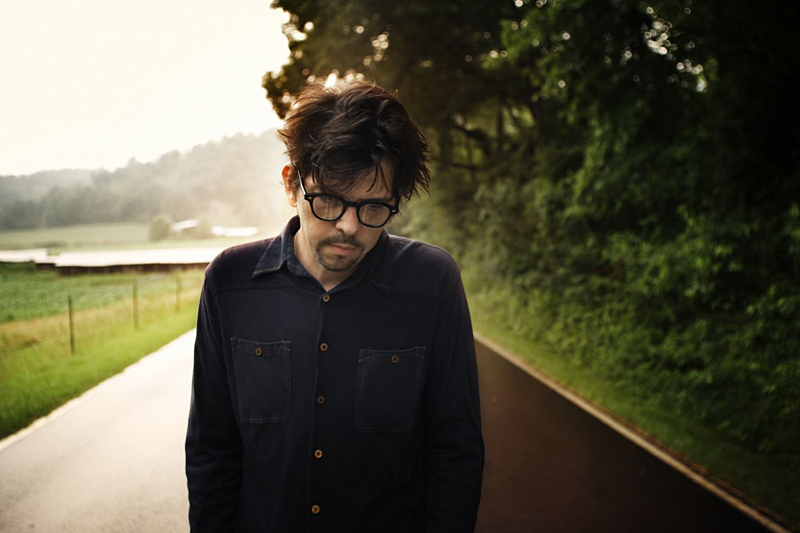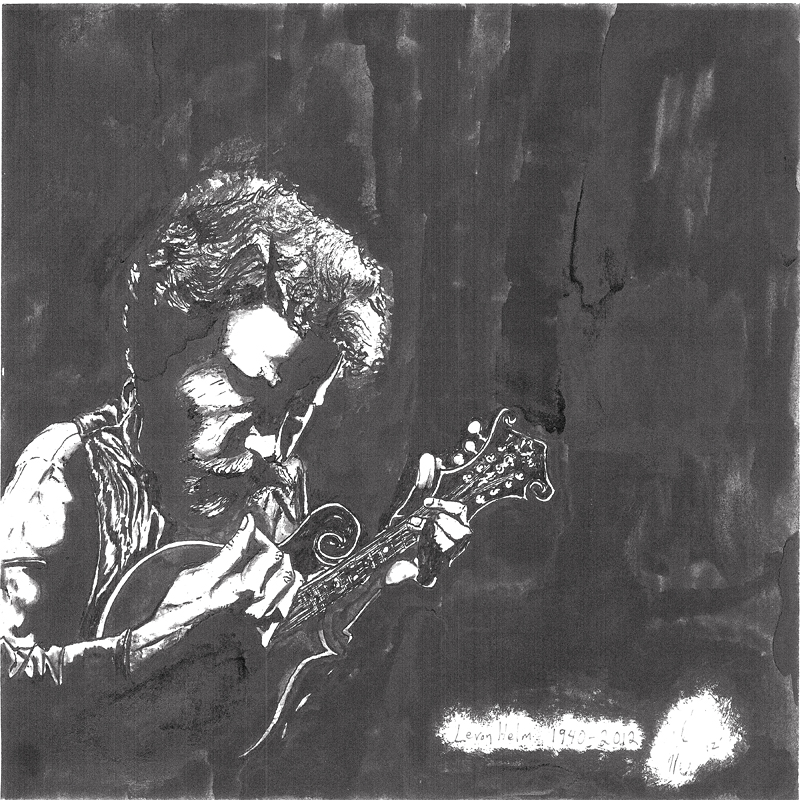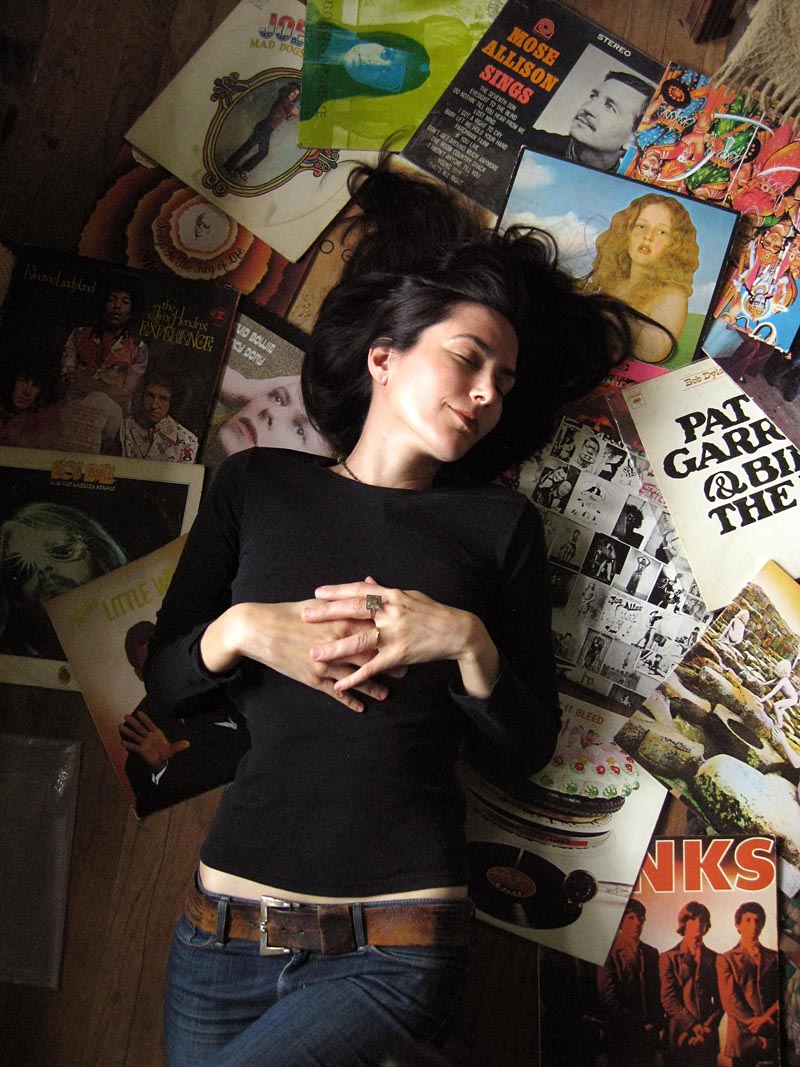Let me get this out of the way first: I don’t support SOPA or PIPA, the two pieces of anti-piracy legislation that went down in flames last week after a Internet campaign that included Wikipedia shutting itself down and Google blacking out its logo for a day. I do, however, believe artists’ rights should be protected, even on the Internet. And I am concerned that if we buy into anti-SOPA/PIPA propaganda, the heart of the issue will fall to pieces. To whittle away, as we have, copyrights, which are there to insure creative integrity and ingenuity, is just as bleak as any of the hypothetical repercussions of the proposed anti-piracy legislation.
Freedom of speech and copyright laws complement each other to enhance creative expression by protecting the rights of those who wish to express themselves. This includes science, music, film, visual art, photography, writing, etc. The benefit of art for American society, the desire to encourage these pursuits, and the realization of the need to protect artists from exploitation was thought to be so fundamental that the Founding Fathers included “The Copyright Clause” in the Constitution, giving artists exclusive rights to their creations.
To those who support the campaign against anti-piracy legislation, I do hope you understand that the corporations behind the movement—Google, owner of YouTube, etc.—may not really be your friends. Who is Big Brother in this scenario? They are claiming to be neutral, unaware of—and therefore not accountable for—their sites’ content, and the proposed bills would force them to filter, which they claim is equivalent to denying our right to free speech. Yet they are apparently quite happy to do just that when it furthers their own interests—blacking out websites to further economic and political interests and denying public access to info is exactly what they are saying they are against.
This screams of arrogance and hypocrisy coming from companies that profit hugely from copyright infringement. One can actually say it’s their “bread and butter.” So of course they’re against it, and wealthy enough to wage a huge propaganda campaign. Artists like myself rely on music sales for their income, but our bands are in danger of going dark for a lot longer than one day if things don’t improve.
Rather than reacting to fearmongering, I feel we should really try to understand how complex this is. I mean really understand. I just want these companies to be held accountable and stop using propaganda that creates paranoia by playing on people’s fear of censorship.
I’m not blaming anyone for burning CDs or listening to music on YouTube exclusively. I’m not “hating” on you. But I’m urging you to try to see it through a lens that goes beyond what you enjoy and the ease of it all right now. I’m urging you to look further down the road, at the bigger picture that includes both the frailty of the artists out there and the dark underbelly of these seemingly benign companies—which most see as just tools, but which in reality are very much a part of what we should be fighting, or at least be skeptical of, instead of being at the teat of.
If more folks understood the consequences of illegal downloading and streaming to those who make their living doing art, and the huge profits that motivate these companies to exploit their creations, this would not be a problem. It’s a creepy, insidious thing that lives in the light behind your screen, and it begs to steal our integrity without realizing it.
Remember when Nader advocated car safety and seat belts? GM stalked and harassed him. People were up in arms about the government getting involved to establish safety regulations. Do you wear a seat belt? Do you miss not having one? Do you make your kid wear a bike helmet? Why can’t we look at the Internet as an ever-evolving thing? It’s not static. It’s plastic. And so are its effects on society.
Intellectual property is being threatened, yet without it there wouldn’t be content for companies like YouTube or Google to exploit. The Internet wouldn’t be filled with so many of the amazing things that we value. They are biting the hand that feeds them.
This irony is what is so disturbingly sad.
I understand the concerns over the legislation, and I’m glad PIPA and SOPA won’t be passed as they were originally conceived. But I don’t want all these issues to get swept under the rug now. Things still need to be examined.
If, as many seem to think, it will be impossible ever to create a technological system on the Internet to help protect against piracy, then I guess we must resort to old-fashioned tactics: speaking out and educating people about the importance of supporting the arts in a gentle and respectful way. This new prevailing attitude—feeling all music should be free—doesn’t need to reign supreme.
People need not be so rigid in the “It’s either this way or that” sense when it comes to sharing music and art on the Internet and in real time. I can’t stress enough that on a fundamental level I love and am honored that people share and obtain my music. If they listen to it but didn’t pay for it because they couldn’t, or it was passed to them organically, or they just haven’t thought deeply about these issues yet—well, I still love that it might move them anyway and has touched their lives far more than I mourn the loss of a sale, and certainly far more than having any ill feelings toward them as fellow humans. But the musical infrastructure has evolved monumentally over the past decade, and there are myriad options for free, legitimate exposure to music: online radio like Pandora, music- subscription services, and tons of free music on most artists’ websites and Bandcamp pages.
It’s the collective attitude of entitlement and lack of knowledge that hurts me and perplexes me still. This new terrain, where an “aggregator” is believed to be a creator, puts artists in the position of seeming greedy and feeling powerless when they stand up for themselves. I have never in my life met an artist who did it or does it for the money (and, by the way, nobody’s getting rich off Spotify). I think it’s clear the vast majority of us love what we do for the sake of doing it.
There will always be bands that sell a lot of records and the out-of-the-gate lucky few that don’t toil away in the trenches, but some of the best albums were made by bands that never sold more than 20 or 30 thousand copies back in the day. Today those numbers would be more like five thousand or less. It’s that class or tier that is being jeopardized.
So think of all your favorite bands over the years that weren’t on big labels. Think of them in this new paradigm. Many wouldn’t see the light of day because they wouldn’t be able to sustain long enough to create a body of work and do a bunch of touring.
It’s nice when you are starting out to post your stuff up there with the hopes that things will evolve from it. But if you are ever fortunate enough to get some momentum, it takes at least breaking even to keep going.








